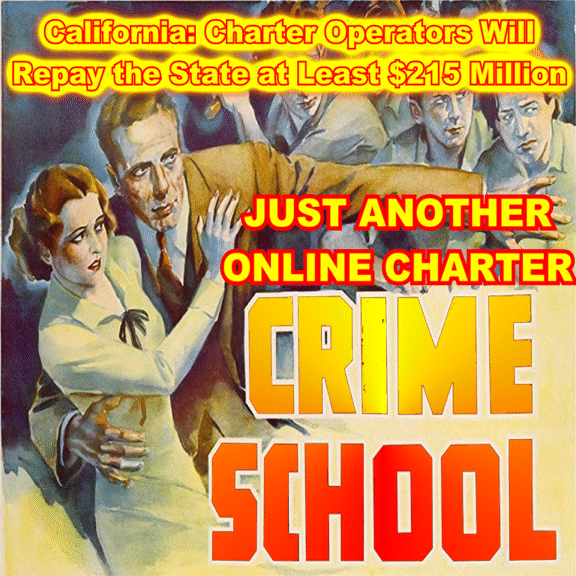I'll admit that this blooming controversy snuck up on me. In Pennsylvania, school districts have offered virtual options for years in the Time Before Covid. It would never have occurred to me that a district shouldn't. But apparently we're going to have fussing about that. kickstarted today by the NYC mayoral announcement that public schools will be all in person this fall.
That's a dumb idea.
I understand where some of it comes from, given the insistence that we must get students back in school Right The Hell Now. Political leaders trying to court a certain constituency are going to go this route, plus it will also be a way to signal that you aren't going to be pushed around by the teachers unions for all those folks buying the bullshit narrative about how the evil teachers are solely responsible for the closing of school buildings.
It's still a bad idea.
Mostly it's a bad idea to demand only-in-person districts because the alternative sucks. And it's not going away. There are many, many states already offering "free" online "public" [sic] school, and that's before we even get to cyber-schools that hide behind the mask of homeschooling.
Cyberschooling isn't going away any time soon for three reasons. First, it does actually work for a small percentage of students with very specific special needs. Second, particularly in states with PA with dumb rules governing cyber-tuition, it is a very attractive way to make a lot of money. Third, the charter worlds not only finances a good assortment of astroturf groups, but it also funds plenty of regular lobbyists, too. Legislatures could shut cyber charters down, but it's a lucrative business CONTINUE READING: CURMUDGUCATION: Should Schools Offer Virtual School Options In The Fall?



































